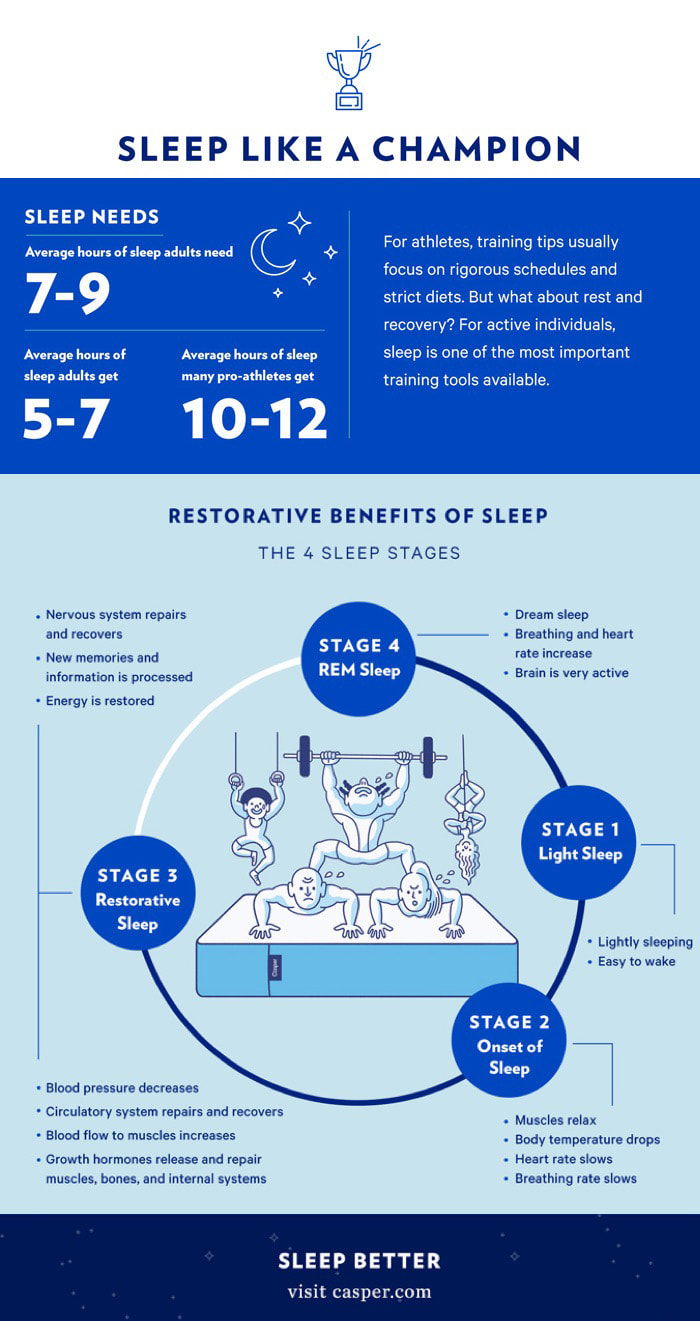How To Get Enough Quality Sleep - |
|
Mount Vernon2225 Riverside Drive
Mount Vernon, WA 98273 360-424-4200 |
Sedro-woolley632 Sunset Park Drive
Sedro-Woolley, WA 98284 360-854-9285 |
JOIN THE TEAM |
My Account
|


